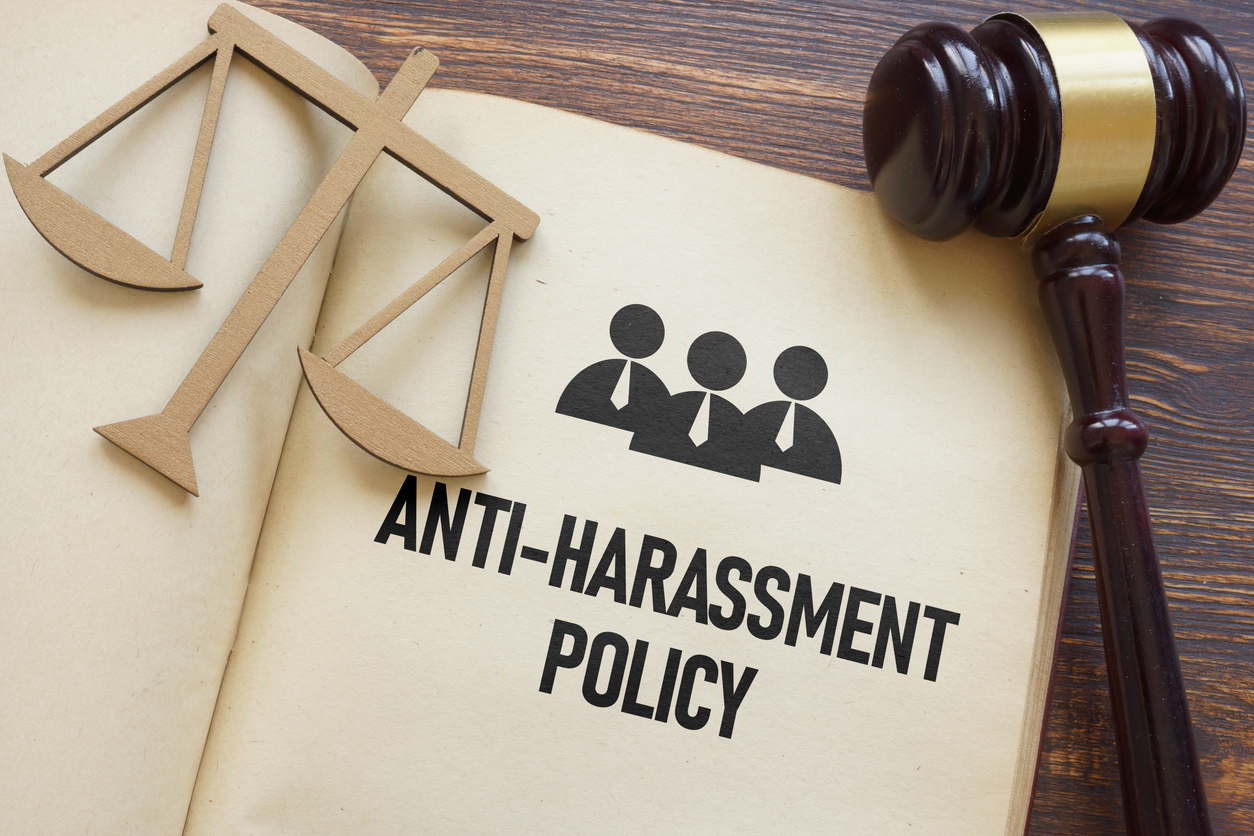If I Have to Wear a Uniform at Work, Who Pays for It?
Many people are required to wear a uniform for work. Whether you are wearing a red shirt and khaki pants for Target, scrubs at a hospital, or your employer’s branded apron, uniforms are a common requirement for many jobs.
In many ways, mandated outfits make life easier — you don’t have to worry about what to wear or ruining your own clothes if something happens at work. Yet buying uniforms may become costly and a burden if you have to purchase the uniform before you receive your first paycheck. This raises an important question: are employees in California required to pay for work uniforms out of their own pocket? In a nut shell, federal law encourages employers to reimburse employees for set specific attire they have to wear— but does not require them to do so. On the other hand, California law states employers must reimburse employees for uniforms, but not for other types of required clothing. However, it is not always clear what is considered a uniform and what is not. Read on to learn more about this issue, then reach out to a skilled employment lawyer if you have additional questions.
Uniforms vs. Required Clothes
Before digging into the law on the reimbursement for work clothes, it is important to understand the distinction between different types of “work clothing.” An employer’s obligation to pay for your work clothes is based on what they are requiring you to wear in order to perform your job duties. This distinction often comes down to uniforms versus required clothing. Aside from a traditional employer-branded work uniform, some employers permit employees to wear their own personal clothes while others require their employees to wear generic clothing in line with a dress code. For example:
Mary takes a job at a hair salon. The salon owner requires her to wear black pants when she is at work. Since her boss didn’t specify a certain brand of clothing, just a color, this would be considered required clothing and not a uniform. However, if the salon owner made her wear a specific smock that has the salon’s name on it, the smock may be considered a uniform.
Generally, your employer will be required to reimburse you for a uniform, but not for required clothes. However, as described below, there may be some exceptions to this rule.
What Does the Law Say about Paying for Uniforms?
Although under federal law employers are encouraged to pay employees for their costumes or required clothing, the Fair Labor Standards Act (FLSA) does not mandate that employees wear uniforms. Therefore, if employees are required to wear uniforms, an employer may shift the burden of the costs to the employee, due to the fact the cost and maintenance of the uniforms are considered business expenses for the employer as well. Employers can take advantage of this in a number of ways under the FLSA, such as deducting the cost of the uniform from an employee’s wages. However, these deductions cannot reduce the employee’s wages below the federal minimum wage or cut into the employee’s overtime compensation. Some employers may get around this by prorating the deductions for a uniform over multiple pay periods. This also applies to an employee purchasing items for the convenience or benefit of an employer, such as tools in order to perform their job. By contrast, California law requires employers to reimburse employees for all necessary expenditures or losses incurred that are directly related to their job. In other words, if you must buy or pay for something in order to work, your employer will likely be required to pay you back. These expenses may include:
- Uniforms
- Travel expenses
- Mileage for driving
- Internet service
- Phone service
- Training or education costs
When it comes to clothing, California law distinguishes between uniforms and required clothing. This means that if your employer institutes a dress code — such as wearing a specific color of shirt or pants— then they do not have to pay for those costs. However, the employer must pay for uniforms (i.e. articles of clothing with a logo) and may also be required to pay for the maintenance of these uniforms, if it requires more than washing and drying. Importantly, there is an exception to this rule when it comes to retail clothing shops. If a store requires you to buy and wear their clothes, then it may be required to reimburse you for that clothing. However, if you can purchase the clothes elsewhere, then it will not likely be reimbursed.
Consider Rebekah’s situation:
Rebekah works at a clothing boutique. The store manager told her that when she is working, she must wear clothing from that store. Rebekah makes minimum wage and cannot afford to pay for these clothes out of her own pocket. The store requiring her to wear its clothing constitutes her clothing to be more of a uniform. As such, her employer is required to reimburse her for the clothes that she buys for work.
But if you change the facts slightly, where instead the manager asks Rebekah to wear clothes from the store if possible, but otherwise she can wear her own clothes as long as they meet the store’s dress code. In this situation, her employer won’t have to reimburse her for what she purchases because Rebekah is not required to wear clothes solely from the store. What about Personal Protective Equipment? The need for personal protective equipment, or PPE, has become essential during the COVID-19 pandemic. However, even before this global health crisis, there were many jobs that required employees to wear PPE in order to be safe. PPE may include items such as:
- Face shields
- Masks
- Helmets
- Shoes
- Goggles
- Protective clothing
- Gloves
Under the federal Occupational Safety and Health Act (OSHA), employers must pay for workers’ PPE if:
- The equipment is necessary for job performance;
- The PPE is required by OSHA; and
- The PPE protects the employee from serious injuries or death.
For example:
A landscape worker whose job duties include spraying plants with pesticides may need a mask or ventilator, protective clothing, gloves, and/or goggles. As a result, PPE equipment is necessary to protect the worker from exposure to dangerous chemicals, and is required under federal workplace safety laws. Therefore, the employer would be required to pay for such equipment.
If your employer refuses to provide PPE for you, or if they violate federal or state law on workplace safety, work expenses, minimum wage, or overtime, then you may be able to pursue legal action against them. A skilled Orange County employment lawyer can advise you of your rights and options, and advocate for you throughout the process. If you believe that your employer is in violation of the law, reach out to us today by calling 949-771-8173 or emailing us at rob@odelllaw.com for a free consultation.



